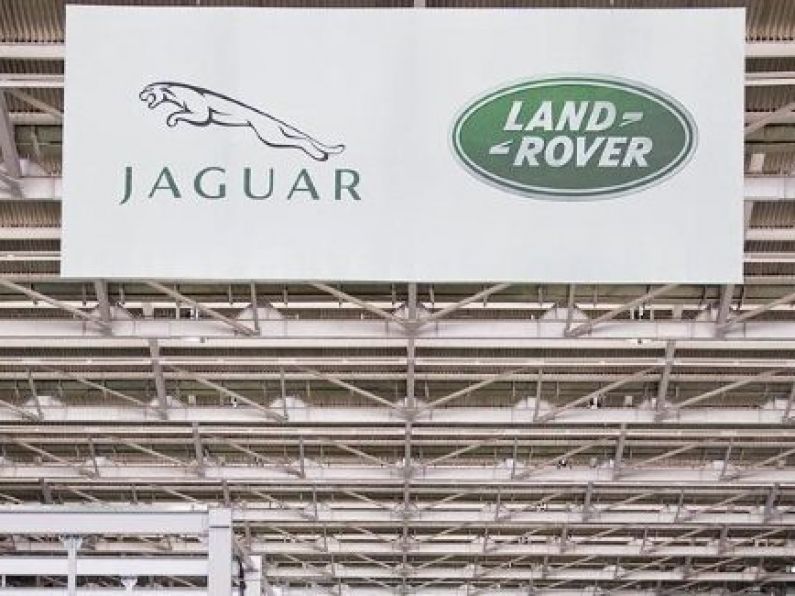By P R Sanjai
Shares in Jaguar Land Rover’s (JLR) owner Tata Motors fell to the lowest level in more than six years in Mumbai trading after the luxury carmaker said it was temporarily halting production because of weak demand in China.
Production at the Solihull plant in the UK will be stopped for two weeks this month, the company said after sales in China declined 46% last month.
Demand in the world’s biggest auto market dropped because of uncertainty resulting from import duty changes and continued trade tensions, the automaker said
in an emailed statement earlier this week.
Performance of the marquee brands is critical for Tata, which gets more than three-fourths of its revenue from the UK units it bought from Ford Motor about a decade ago.
Chinese vehicle sales have been tumbling for carmakers including General Motors, as slowing economic growth, a weakening currency and losses in the stock market add to the woes from a tit-for-tat trade dispute with the US.
Shares of Tata Motors slumped almost 15% in Mumbai, the lowest intraday level since January 2012. Analysts are still optimistic about the company, with 29 of 41 analysts tracked by Bloomberg having a buy rating on the stock.
“JLR is the real backbone of Tata Motors in terms of profitability,” said Deepesh Rathore, London-based director at Emerging Markets Automotive Advisors.
“Any slide of JLR fortunes will adversely impact Tata Motors,” the anlayst said.
JLR’s weak performance in China comes as the company braces for the possibility of a hard Brexit.
Last month, JLR chief executive Ralf Speth warned UK Prime Minister Theresa May that a bad Brexit deal could put tens of thousands of jobs at risk and cost the company more than £1.2bn (€1.37bn).
Free access to Europe’s single market was “as important a part to our business as wheels are to our cars,” he said.
The company employs more than 40,000 across four plants in the country that produce 3,000 vehicles a day. Mr Speth has already cut about 1,000 jobs this year in response to a slump in sales of diesel cars and the uncertainty around Brexit.
- Bloomberg






